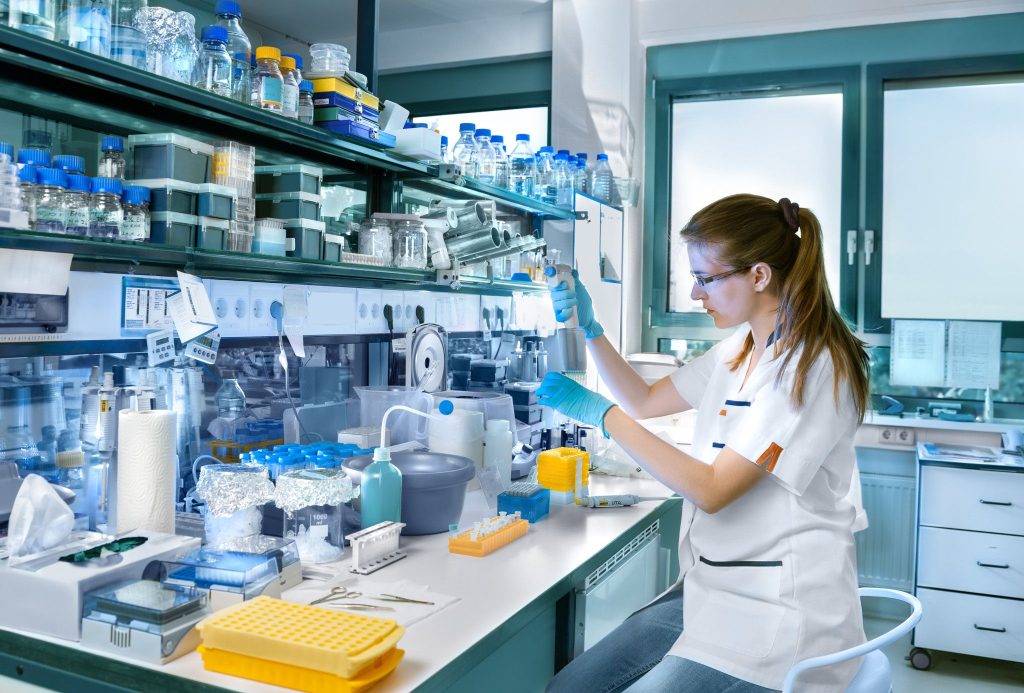The journey from a groundbreaking concept to a life-changing medication reaching the clinic is a complex and multifaceted process that requires the collaboration of various scientific disciplines and pharmaceutical expertise. Drug discovery services play a crucial role in this journey, serving as the bridge between innovative ideas and tangible therapies that can improve and save lives.
Target Identification and Validation
The drug discovery process begins with the identification and validation of therapeutic targets. Targets can be specific molecules or proteins within the body that are associated with a disease. Researchers utilize a variety of methods, including genomics, proteomics, and bioinformatics, to identify potential targets. Once a target is identified, it must be validated to ensure that modulating it will have the desired therapeutic effect. Drug discovery services offer specialized expertise in this crucial phase, helping researchers make informed decisions about which targets to pursue.

Hit Generation and Lead Optimization
With validated targets in hand, the next step is to identify compounds that can interact with these targets to exert a therapeutic effect. This phase involves the screening of compound libraries to discover hits – molecules that show promise in modulating the target. Drug discovery services provide high-throughput screening, medicinal chemistry, and computational chemistry to identify and optimize lead compounds, turning them into potential drug candidates. This stage requires a deep understanding of chemistry and biology, as well as access to cutting-edge technologies and expertise and Learn More about Drug Discovery.
Preclinical Development
Once lead compounds are identified, preclinical development commences. During this phase, drug discovery services focus on understanding the safety, pharmacokinetics, and efficacy of the potential drug candidates. Animal testing and in vitro studies help assess the compound’s toxicity and effectiveness. Specialized assays and models are utilized to predict how a drug candidate will behave in humans. Drug discovery services play a critical role in streamlining this stage, enabling the rapid progression of the most promising candidates towards clinical trials.
Clinical Development
After successfully navigating the preclinical phase, drug candidates advance to clinical development, which consists of three phases. Phase I focuses on safety and dosage, Phase II evaluates efficacy and side effects in a larger patient population, and Phase III involves large-scale trials to confirm the drug’s effectiveness and monitor any rare side effects. Drug discovery services are essential in facilitating the design and execution of clinical trials, including protocol development, patient recruitment, data analysis, and regulatory compliance. These services help ensure that the clinical trials are conducted rigorously and in accordance with regulatory requirements.
Regulatory Approval
Obtaining regulatory approval is a pivotal step in the drug development process. Drug discovery services assist in compiling the necessary documentation, conducting regulatory affairs, and navigating the intricate processes of health authorities such as the FDA, EMA, and others. These services help prepare the New Drug Application NDA or Marketing Authorization Application MAA and ensure that all data and documentation are in compliance with the stringent requirements for drug approval.
Commercialization and Market Access
Once a drug is approved, the focus shifts to its commercialization and market access. Drug discovery services continue to play a role in market strategy development, pricing and reimbursement strategies, and post-marketing surveillance. Services in health economics and outcomes research are particularly valuable in demonstrating the drug’s value to payers, healthcare providers, and patients.